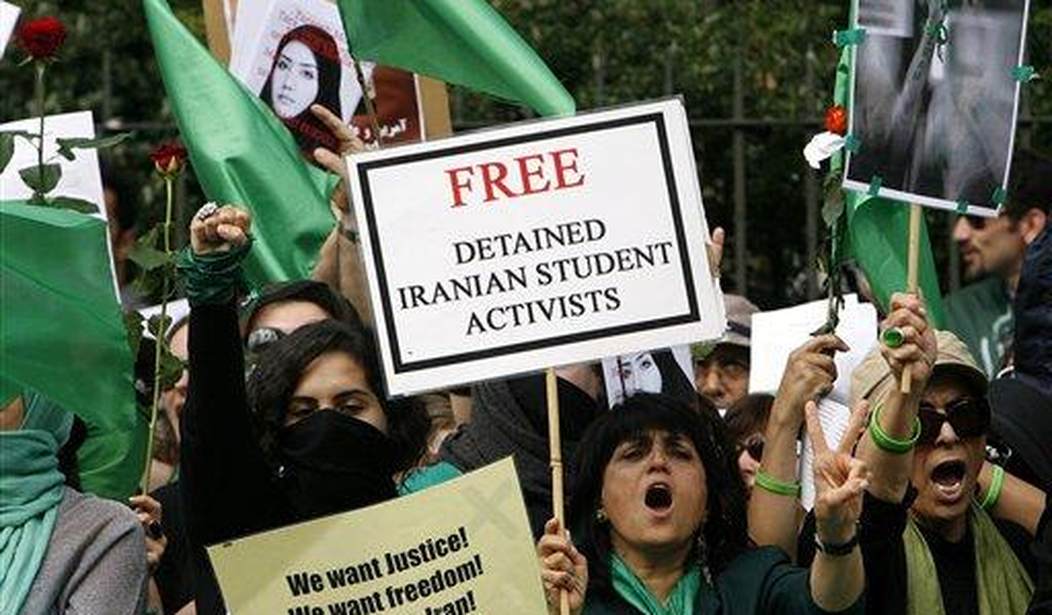Javaid Rehman, the UN independent investigator on human rights in Iran, said Monday that more than 250 Iranians were executed in 2020, including nine women and four child offenders. More than 230 executions have been carried out this year already.
Rehman said that Iran was carrying out state-sponsored executions “at an alarming rate,” and “the absence of official statistics and lack of transparency around executions means that this practice escapes scrutiny, resulting in serious abuses [and] preventing accountability.”
In contrast, the Death Penalty Information Center says that 17 people were executed in the United States in 2020.
According to Amnesty International, Iran was the top executioner in the Middle East last year, accounting for more than half the region’s 493 executions, followed by Egypt, Iraq and Saudi Arabia. Amnesty’s annual figures exclude China, where executions believed to number in the thousands are classified as a state secret, and omit executions from some countries marred by conflict like Syria.
Rehman said his latest report highlights serious concerns over the grounds Iran uses for imposing the death penalty, such as “vague national security charges.” Iran also has “deeply flawed judicial processes, where even the most basic safeguards are absent,” he said.
Rehman’s report pulled no punches, basically accusing the Iranian government of murder. “These elements, and the heavy reliance by courts on forced confessions extracted under torture and other fair trial violations, lead me to conclude that the imposition of the death penalty in the Islamic Republic of Iran constitutes arbitrary deprivation of life,” Rehman said.
The secretary-general of Iran’s Human Rights Office was absolutely outraged, according to the semi-official Press TV:
“At a time when the world is suffering from the attitudes and policies of such Western countries like the United States, issuance of such a report against the Islamic Republic, which, itself, is a victim of these countries’ actions is a completely political and diversionary measure,” he said.
The “ill-intentioned” report, the official lamented, had intentionally ignored various instances of extensive progress in the area of human rights in Iran.
The so-called UN official had also used “mendacious claims” made by foreign-based anti-Iran terrorist groups, which themselves are guilty of violating human rights, to devise the report’s central planks, Gharibabadi added.
A shorter version of Iran’s response: “They do it too, only worse.”
Related: 5 Things to Know About the Iran Protests and How Badly the Liberal Media Botched the Story
Rehman also pointed to the use of lethal ammunition during peaceful demonstrations, which has been a feature of the theocracy’s methods of trying to suppress protests.
Jailing, beating, torturing, and sometimes executing activists as well as intimidating victims’ families are classic totalitarian tactics to keep the people in line.
While “human rights” appears to have a lot of fluidity in its meaning around the world, state-sponsored murder is pretty easy to spot. It’s just one more black mark against the Iranian theocrats for which, someday, they will be called to account.










Join the conversation as a VIP Member